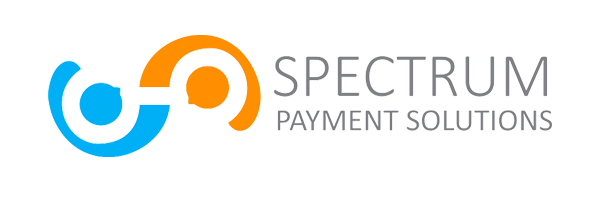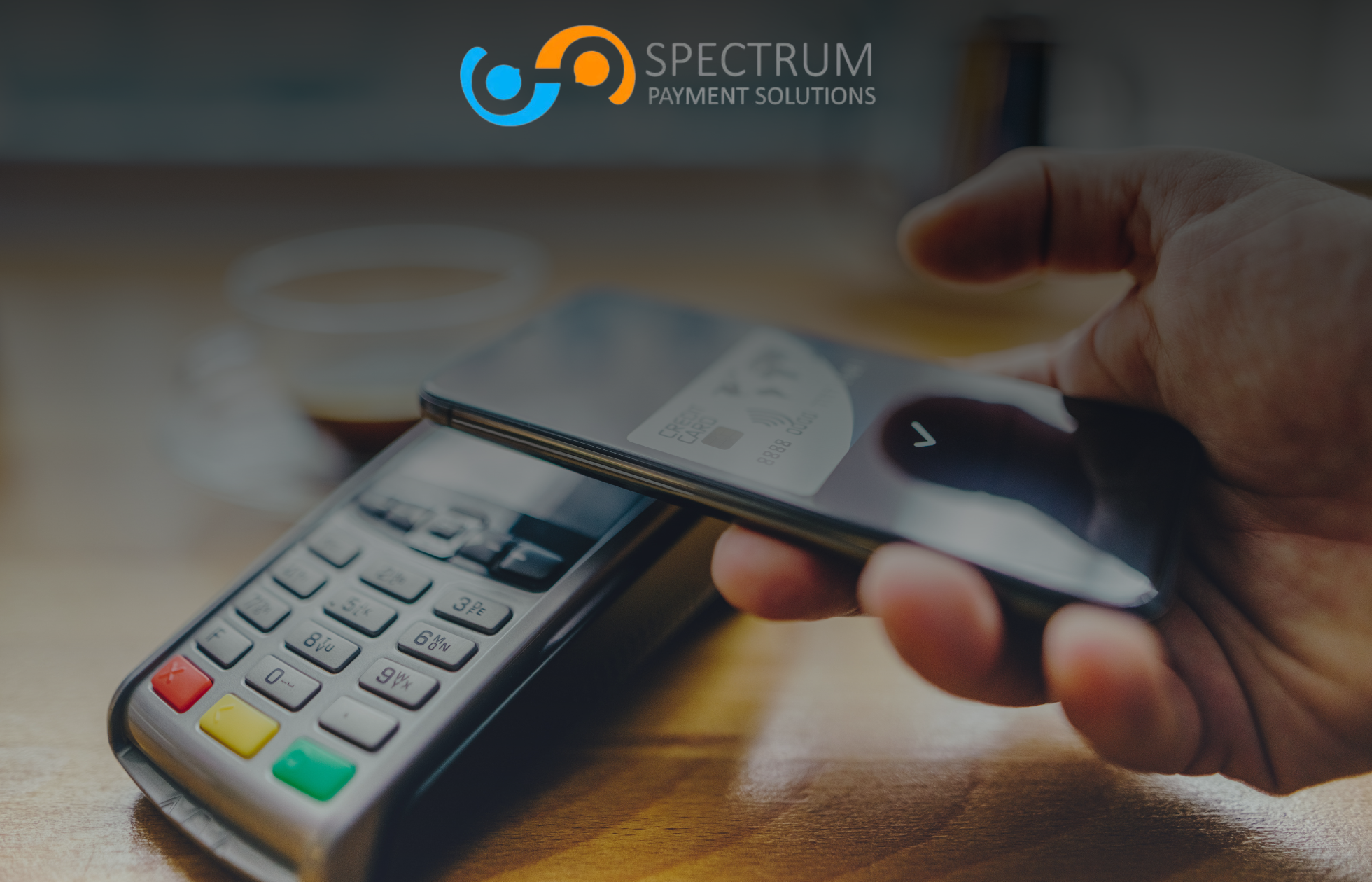
Mastering Subscription Billing Solutions: Reducing Risk in Recurring Payments
Introduction
Recurring payments are the backbone of subscription-based businesses, from streaming platforms to SaaS companies and even niche industries like nutraceuticals or e-cigarettes. While subscriptions guarantee predictable revenue, they also come with inherent challenges, such as chargebacks, failed transactions, fraud, and compliance risks. Managing these efficiently requires robust subscription billing solutions.
In this article, we’ll dive into how subscription billing solutions reduce risks in recurring payments while ensuring seamless operations for businesses in high-risk industries. Whether you’re a seasoned player or new to subscription models, these insights will help you safeguard your revenue stream and optimize your payment processes.
The Risks of Recurring Payments
Recurring payments may seem straightforward, but they’re fraught with pitfalls that can hurt your bottom line. Here are the most common risks:
- Chargebacks: Customers can dispute recurring charges, especially if they forget about their subscription or feel it was unauthorized.
- Fraud: Subscription models are prime targets for fraudsters using stolen credit cards or fake accounts.
- Expired or Declined Cards: Recurring payments often fail due to outdated payment information or insufficient funds.
- Compliance Concerns: PCI compliance and other regulatory standards must be met to avoid fines or legal troubles.
- Customer Churn: Poor billing processes can lead to dissatisfaction and cancellations.
To combat these risks, businesses must implement subscription billing solutions that prioritize security, transparency, and adaptability.
How Subscription Billing Solutions Reduce Risk in Recurring Payments
Subscription billing solutions are designed to streamline and safeguard the recurring payment process. Let’s explore how they mitigate risks:
1. Automated Payment Processing
Manually managing recurring payments is a recipe for errors. Subscription billing solutions automate the process, ensuring accurate and timely transactions. Automation reduces the risk of declined payments and minimizes human error, which can lead to disputes or missed revenue.
2. Advanced Fraud Detection
High-risk industries like cannabis and online firearms are especially vulnerable to payment fraud. Modern billing systems use AI-driven fraud detection tools to identify suspicious transactions. Real-time monitoring and predictive analytics flag potential issues before they escalate.
3. Chargeback Prevention
Chargebacks can cripple a business if not addressed proactively. Subscription billing platforms often include chargeback management tools that analyze chargeback trends, provide evidence to fight disputes, and even offer alerts for high-risk transactions.
4. PCI Compliance
Compliance with Payment Card Industry (PCI) standards is non-negotiable. Subscription billing solutions are designed to meet these standards, protecting customer data and reducing the risk of legal penalties. Features such as tokenization and end-to-end encryption ensure sensitive payment information is stored and transmitted securely.
5. Account Updater Tools
Expired or outdated payment information is a common cause of failed transactions. Billing platforms often integrate account updater tools that automatically update card details, ensuring uninterrupted service for customers and consistent revenue for businesses.
6. Flexible Payment Gateways
Offering multiple payment methods reduces the risk of declined transactions. Subscription billing solutions often support a variety of payment gateways, including credit cards, ACH transfers, and mobile wallets. This flexibility caters to customer preferences while mitigating payment failures.
7. Transparent Customer Communication
Clear and consistent communication is key to reducing disputes. Subscription billing platforms enable businesses to send automated reminders for upcoming charges, payment failures, or expiring cards. Providing customers with an easy way to manage their subscriptions builds trust and reduces churn.
8. Reporting and Analytics
Data is power. Subscription billing solutions offer detailed reporting and analytics, allowing businesses to monitor payment trends, identify risks, and make data-driven decisions to optimize their operations.
Tips for Implementing Subscription Billing Solutions
Here are some best practices for businesses looking to leverage subscription billing solutions:
- Choose the Right Platform: Ensure the solution aligns with your business needs and supports high-risk industries if applicable.
- Invest in Security: Prioritize platforms with robust fraud prevention and encryption measures.
- Focus on User Experience: Make it easy for customers to manage their subscriptions with features like self-service portals.
- Monitor Metrics: Regularly review key performance indicators (KPIs) such as payment success rates and customer churn.
- Stay Compliant: Keep up-to-date with industry regulations and ensure your billing system adheres to them.
FAQs
1. What industries benefit most from subscription billing solutions?
Any business with recurring revenue streams can benefit, but high-risk industries like nutraceuticals, adult entertainment, and online firearms often see the most value due to their unique challenges.
2. How do subscription billing solutions handle chargebacks?
These platforms typically include chargeback management tools that track disputes, provide evidence for resolution, and offer preventive measures to reduce future chargebacks.
3. Are subscription billing solutions secure?
Yes, most reputable solutions prioritize security with features like PCI compliance, tokenization, and fraud detection systems.
4. Can subscription billing solutions improve customer retention?
Absolutely! Features like automated reminders, seamless payment processing, and user-friendly management portals enhance customer satisfaction and reduce churn.
5. What’s the role of analytics in subscription billing?
Analytics provide insights into payment trends, customer behavior, and potential risks, enabling businesses to make informed decisions and optimize their processes.
Conclusion
Subscription billing solutions are more than just payment processors—they’re essential tools for reducing risk, streamlining operations, and securing recurring revenue. By automating processes, enhancing security, and ensuring compliance, these solutions empower businesses to thrive in competitive markets, especially those in high-risk industries.
With the right subscription billing platform, businesses can focus on growth and innovation while leaving the complexities of recurring payments behind. So, why wait? Start exploring how subscription billing solutions can help you reduce risks and build a more resilient revenue model today.




